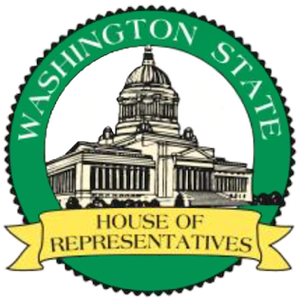The Washington State House Commerce and Gaming Committee (WA House COG) considers issues relating to the regulation of commerce in alcohol, tobacco and cannabis, as well as issues relating to the regulation and oversight of gaming, including tribal compacts.
Work Session
Agency update from the Liquor and Cannabis Board, as well as an overview of regulated gambling activities in Washington within the jurisdiction of the Gambling Commission.
